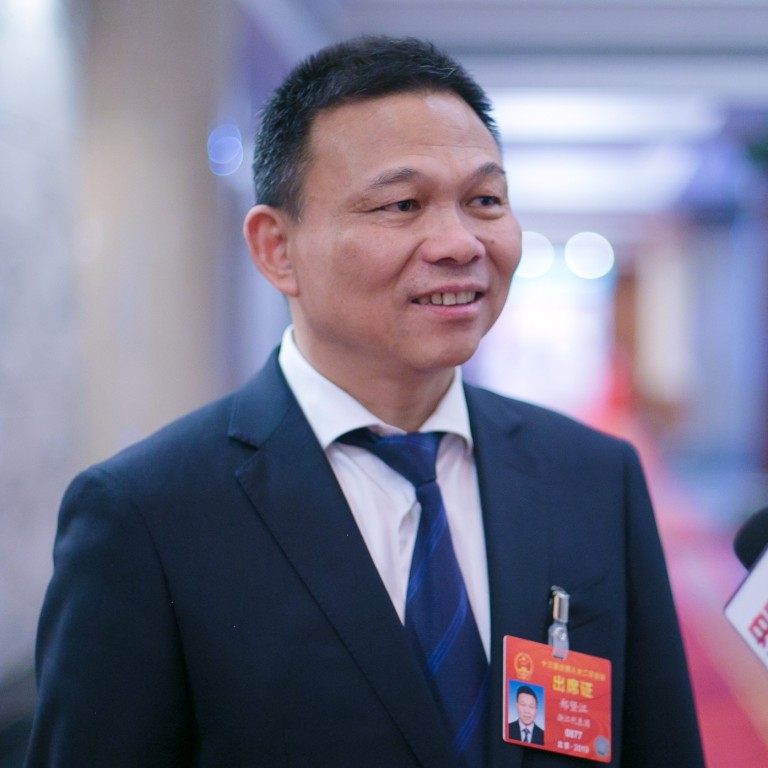
Wife of Chinese billionaire parliamentarian Zheng Jianjiang sues Vancouver over vacant-home tax bill on US$20 million property
- Petition lodged by He Yiju says her home was ‘uninhabitable’ and contaminated by asbestos and faeces when it was hit with a US$190,000 tax for being unoccupied
- He’s tycoon husband has been a deputy of China’s National People’s Congress since 2013
The wife of Chinese billionaire and parliamentarian Zheng Jianjiang is suing Vancouver’s local government to avoid paying the Canadian city’s tax on empty homes, arguing that it was wrongly applied to her C$26.8 million (US$20.4 million) property there.
He Yiju says in a petition to the British Columbia Supreme Court that the C$249,313.67 bill, representing 1 per cent of the official 2017 value of the property, should be quashed, or a reassessment made, because she had applied in April that year to have the home demolished and redeveloped.
The 4,738 square foot home that had stood on the 0.48 hectare seaside site since 1937 has since been razed. A building permit was issued on February 11, 2019, for a new 31,393 sq ft home.
Documents filed with an affidavit in support of the petition say the former house was “uninhabitable” and contaminated by asbestos, mould and “large amounts of human/animal faeces”.
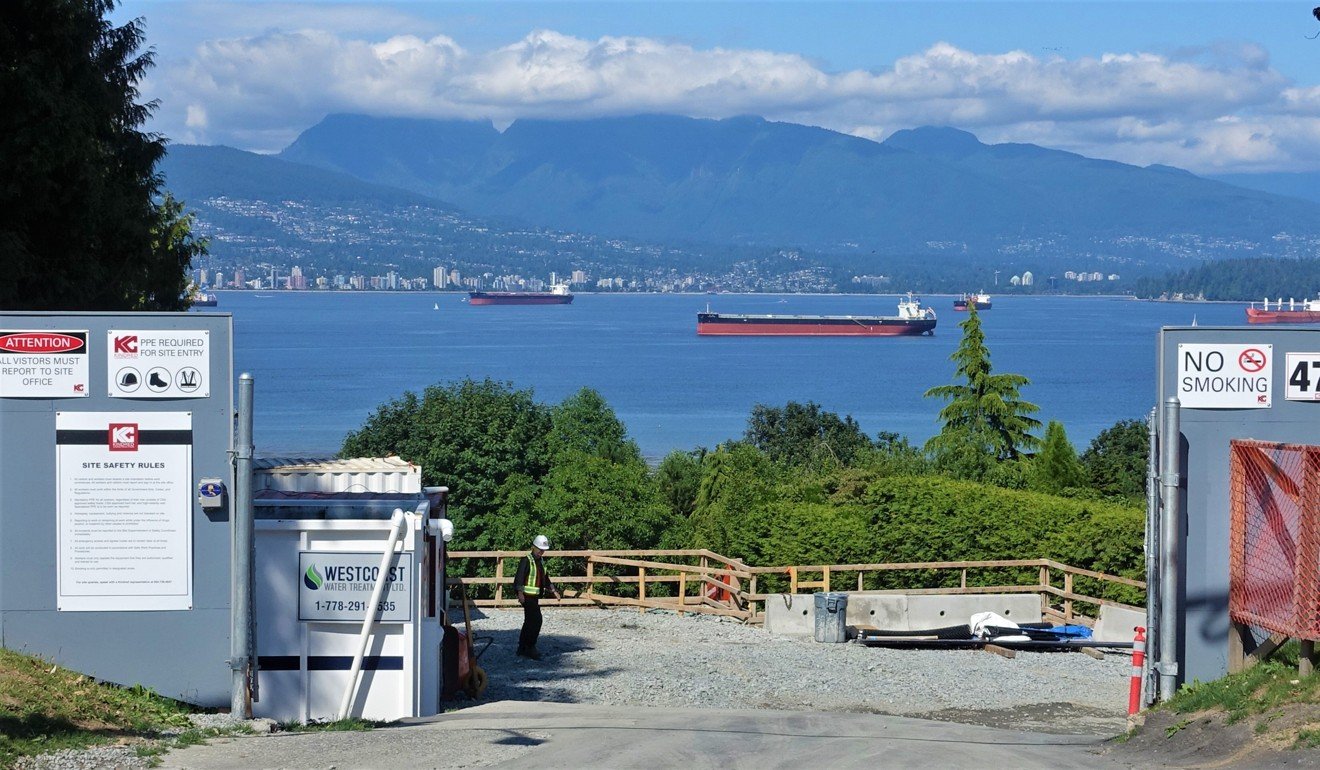
“The fact that the City did not issue the building permits until 2019 when the Petitioner or others on her behalf applied for them in 2017 was not because of any action or inaction by the Petitioner or others acting on her behalf,” says the petition, registered on June 18.
The site, featuring panoramic ocean views, is on a street that overlooks the Spanish Banks waterway and is home to some of the most expensive properties in Canada. The eight homes on He’s block alone are worth a combined C$290 million, according to official valuations.
Scared of falling home equity in Vancouver? Get a grip on reality
Vancouver’s annual 1 per cent empty-home tax was introduced in 2017 to battle a chronic shortage of rental accommodation and to fund affordable housing initiatives. It is part of a swathe of recent local and provincial measures designed to mitigate Vancouver’s status as one of the world’s most unaffordable cities.
Zheng, 58, has been a deputy in the National People’s Congress, China’s rubber stamp legislature, since 2013. He is currently serving his second five-year term representing Zhejiang province.
The tycoon has been a feature of Chinese rich lists since at least 2008. The 2018 Hurun report listed Zheng and He Yiju with combined wealth of US$1.2 billion. Forbes said Zheng and his family were worth US$1.3 billion in March 2018, but revised that to US$925 million by October. Wealth analyst Wealth-X says Zheng is worth US$2.5 billion.
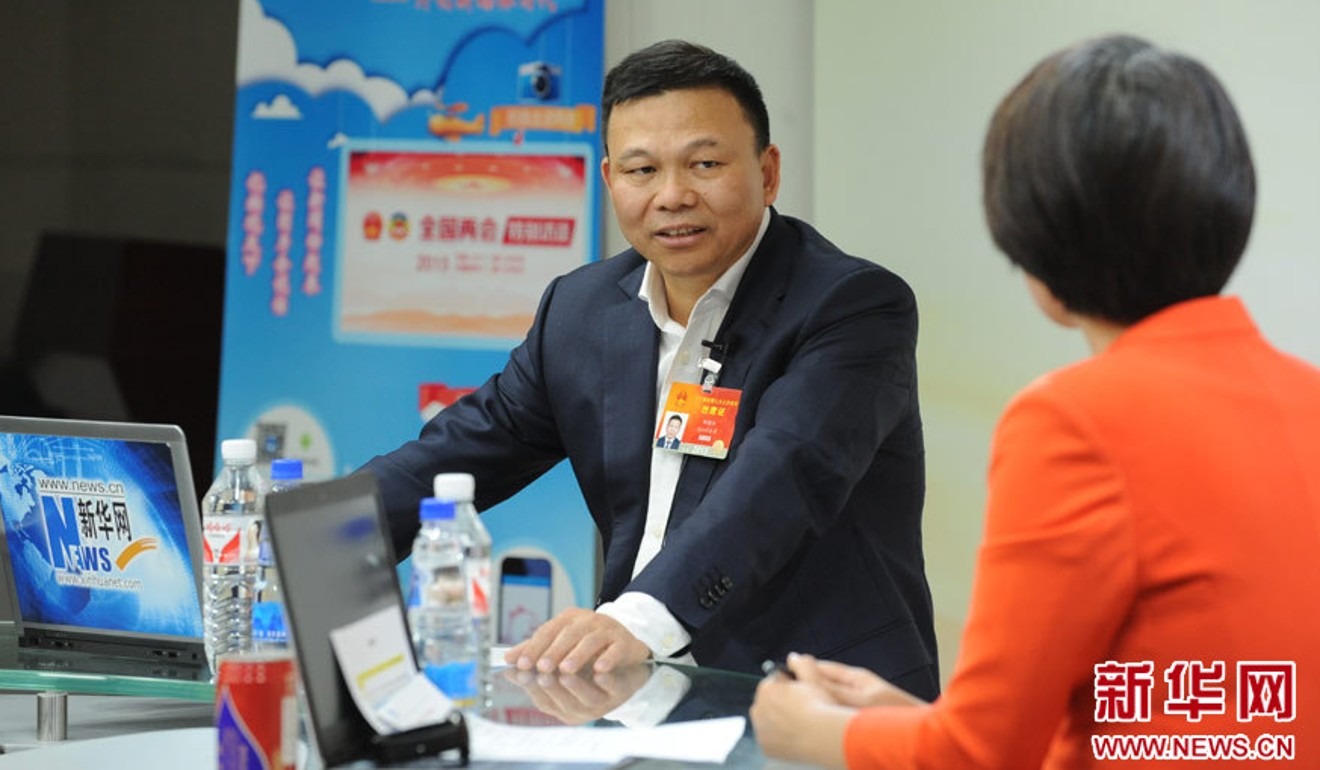
Having made his fortune in air conditioner manufacturing, Zheng is chairman of Ningbo Sanxing Medical Electric and president of its parent AUX Group. AUX now also has interests in manufacturing electrical meters, real estate development and health care.
Vancouver’s ‘spicy’ property-price curbs work. Why haven’t Hong Kong’s?
Zheng is not named in the BC Supreme Court petition, but the affidavit supporting the case is signed by Christine Jiao Jiao Ren, identifying her as an employee of AUX Holdings (Canada), whose principal is named as He’s husband, “Jian Jiang Zheng”.
Various locations of flooring have rotted and collapsed...large amounts of human/animal faeces found throughout the residence should be removed/disposed of
Ren says He Yiju bought the Vancouver property on October 22, 2015.
The City of Vancouver has not filed a response to the petition.
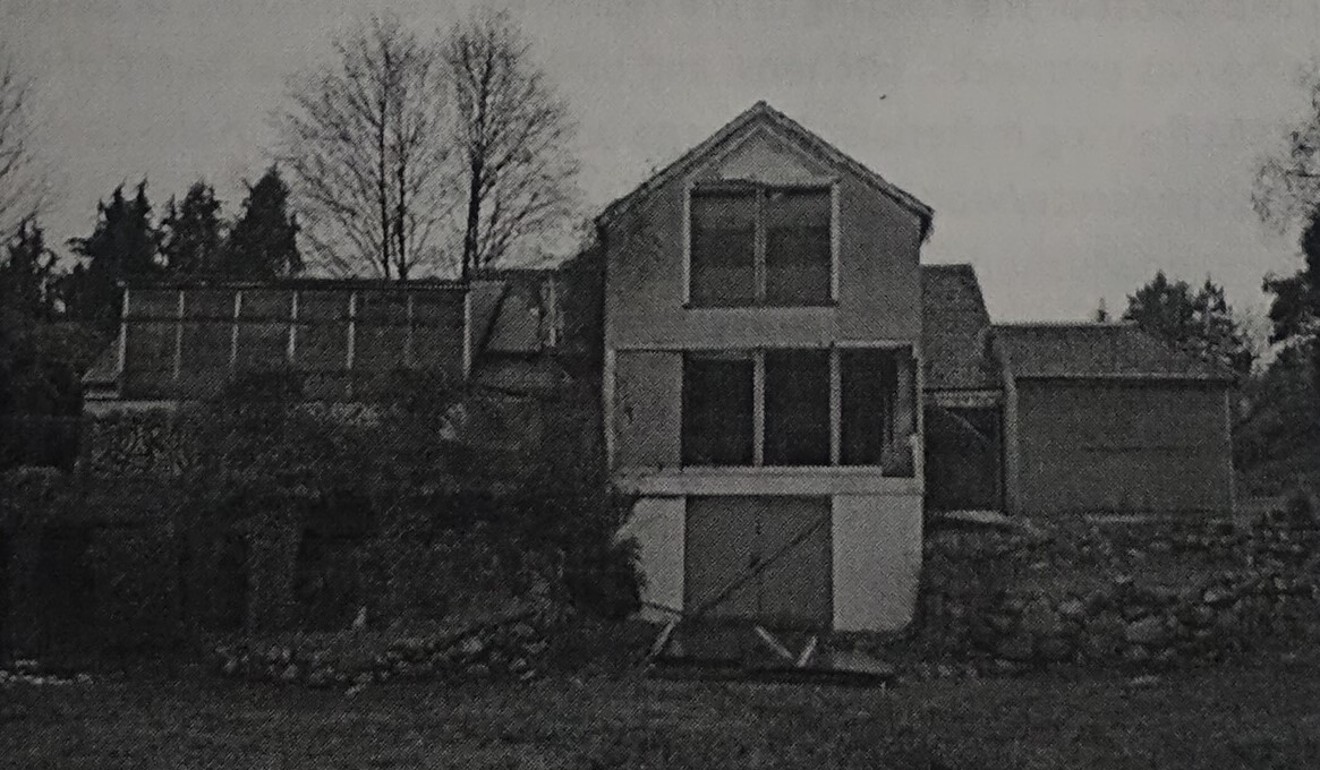
An environmental hazard survey dated January 10, 2017, provided with Ren’s affidavit, says the house contained asbestos insulating tape and the basement contained large quantities of mould. “Various locations of flooring have rotted and collapsed, numerous break ins and damage to hoarding components requested by the COV [City of Vancouver] to keep public safe have been removed or destroyed,” says the report by SEAL Consulting.
It adds: “Large amounts of human/animal faeces found throughout the residence should be removed/disposed of.”
The SEAL assessment is cited in a letter of complaint about the tax, written to the city’s vacancy tax review officer by a project manager for Kindred Construction, a contractor on the property. “The existing home is considered uninhabitable and hazardous,” says the March 2018 letter.
Foreign ownership is ‘main culprit’ for Vancouver housing unaffordability
The estimated cost of building He’s new home on the site is not included in the affidavit, but the landscaping bill alone – including construction of gardens, a pool and stairs on the sloping site – was estimated at C$5 million, according a May 2016 contract emailed from a landscaper to Zheng and signed by He Yiju.
“It was a pleasure to meet you and I look forward to an opportunity to work with you on developing a garden for your residence,” wrote landscaper Paul Sangha to Zheng.
In 2017, Zheng’s wife was living close to the construction site in a home worth more than C$26 million, according to the building permit application.
He’s lawyer, Joel Nitikman, declined the the Post’s request for an interview about the petition.
He Yiju is not alone in launching court cases against Vancouver’s vacancy tax.
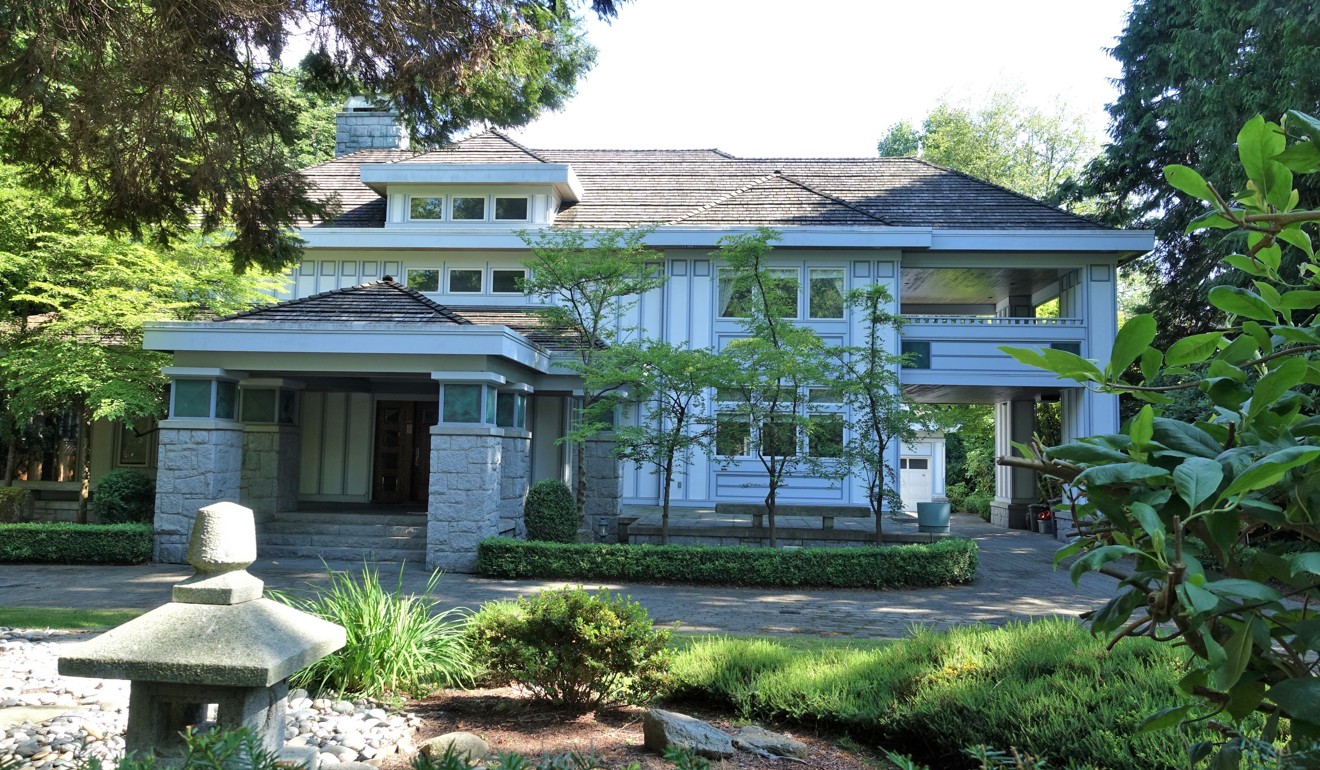
Homeowner Sau Po Wong says he was wrongly hit with a C$128,310 bill on his home in the exclusive Shaughnessy neighbourhood, on the same street where Huawei executive Meng Wanzhou is living while she awaits an extradition hearing.
Wong says in his June 28 petition that the home – now valued at C$12.6 million and on the market for C$16.9 million – was not vacant in 2017 and that he missed a city audit that wrongly declared it empty because he was travelling overseas on a three-month trip.
Why young Chinese-Canadians support Hong Kong protesters
It is not only the owners of high-end properties fighting the tax. Jufen Wang is petitioning against a C$3,881 assessment on her 565 sq ft flat in the Fairview neighbourhood, arguing she occupied it for about six months in 2017, and that it was rented out the rest of the time. The home is now valued at C$449,800.
Neither Wong nor Wang have yet received responses from the city to their petitions.
Another case involves local developer Pure West Financial Holdings Group. It is fighting a bill imposed on a site on Cambie Street that was worth C$51.8 million in 2017. The city says in a response that the assessment was “reasonable and correct”. The amount of the bill is not mentioned in either the petition or the response.
All four cases are before the courts. None of the claims or responses have been proved or disproved in court.

